The foundation of achieving the goal of a healthy and sustainable coastal ocean fundamentally depends on educating the next generation to understand and address these issues with creative, multidisciplinary solutions. To this end, the Coastal and Marine Sciences Institute (CMSI) has expanded sustainability-focused coastal and marine science and policy degree programs. CMSI promotes training opportunities and experiences to advance interdisciplinary coastal and marine science; engage diverse stakeholders in the process of advancing knowledge; connect relevant science to policy, and communicate our understanding of coastal systems to the public.
For Undergraduate Students:
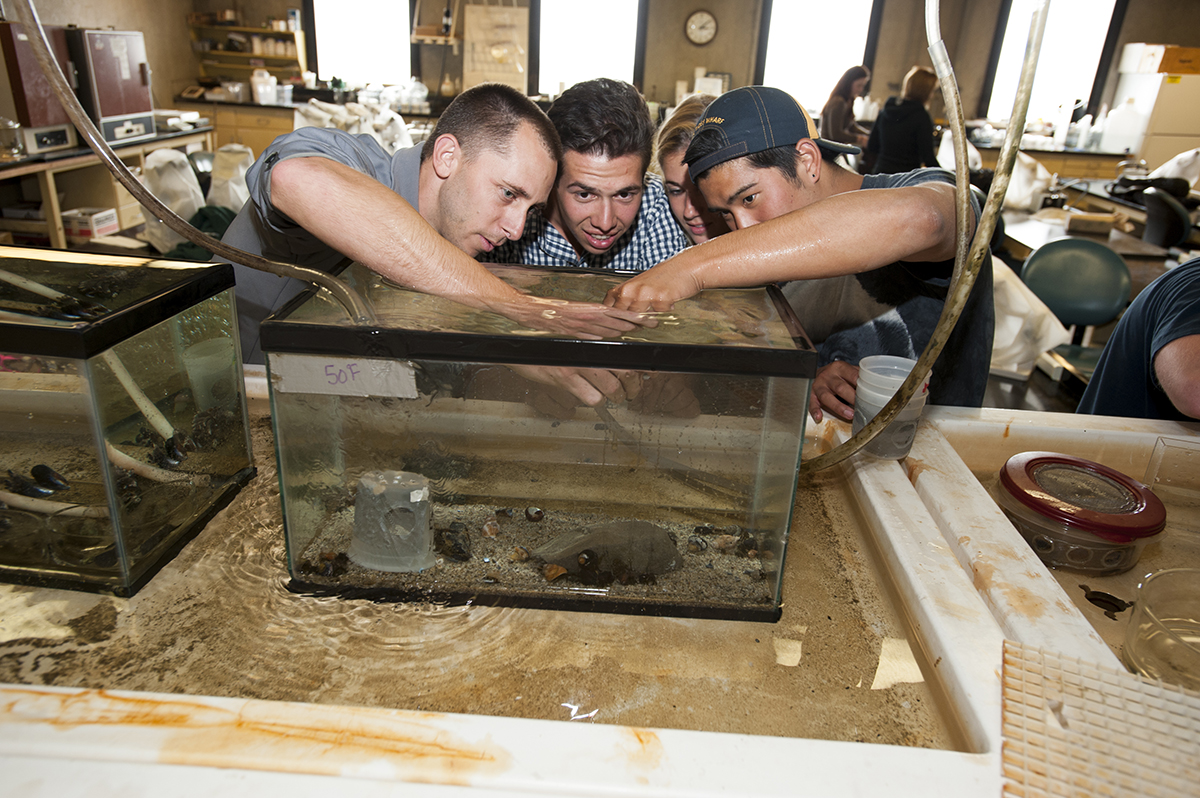
Marine and Coastal Science Undergraduate Major
The Marine & Coastal Science Undergraduate Major emphasizes the interdisciplinary nature of marine sciences by exposing students to the spectrum of disciplines that constitute modern marine science and policy.
We also emphasize hands-on experiences as interns or researchers, with many MCS students spending time at Bodega Marine Laboratory.
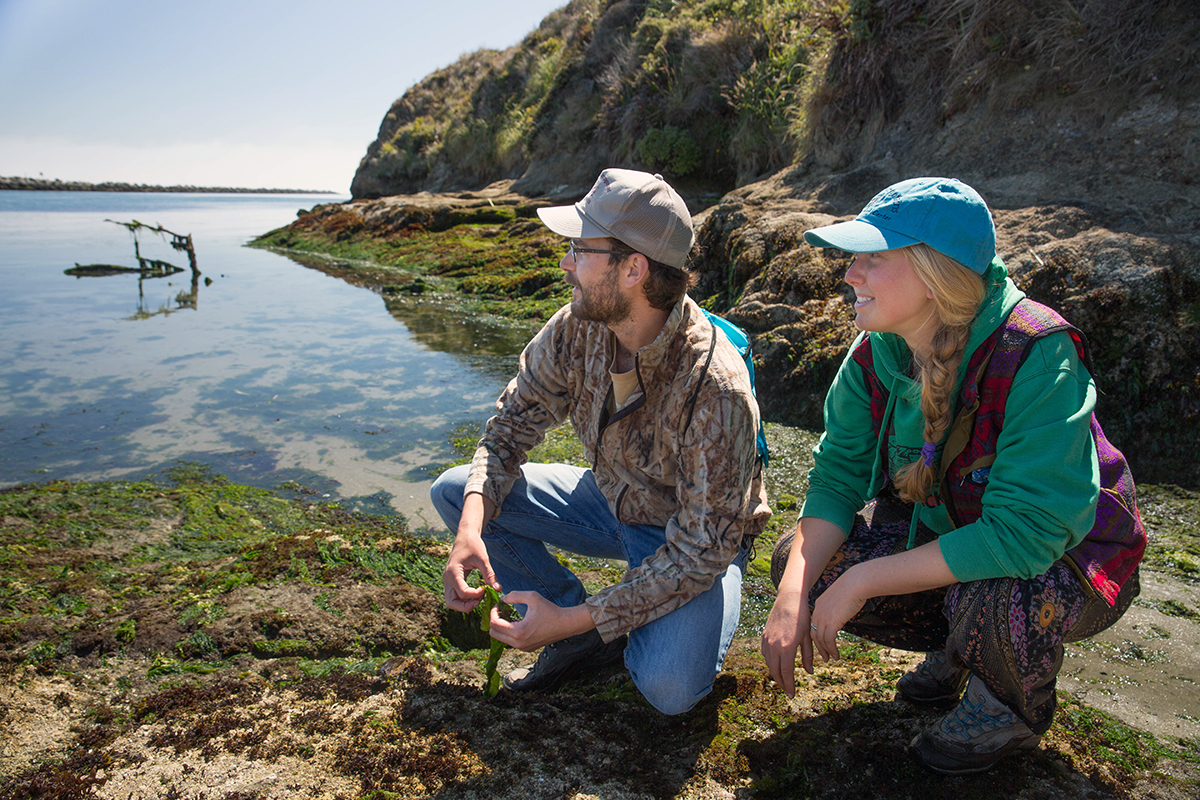
Oceanography Undergraduate Minor
Oceanography is the study of the earth's oceans, investigating connections between geological, biological, chemical and physical processes in the marine realm, and the interactions between the Earth's ocean/atmosphere system.
The interdisciplinary minor in oceanography is for students with backgrounds in any of these fields, as well as those interested in marine policy and conservation.
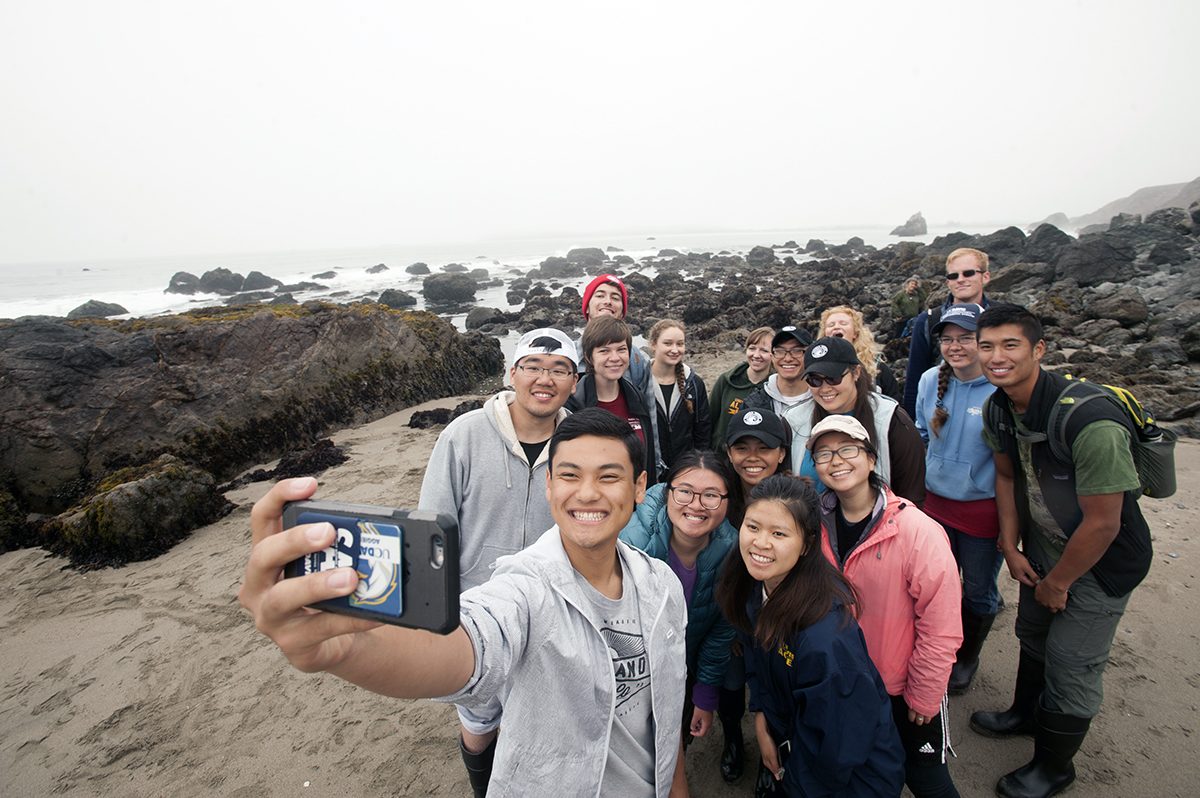
Undergraduate Courses at Bodega Marine Laboratory
In courses at Bodega Marine Laboratory, students from UC Davis and beyond have the opportunity to go beyond textbook learning - from being a science student to working as a scientist.
Learning takes place not just within the classroom, but also in the field, on the beach, on a wind-swept bluff, or in a tidal marsh, where it's up to you and your peers to discover the answers for yourselves.
For Junior High and High School Students:
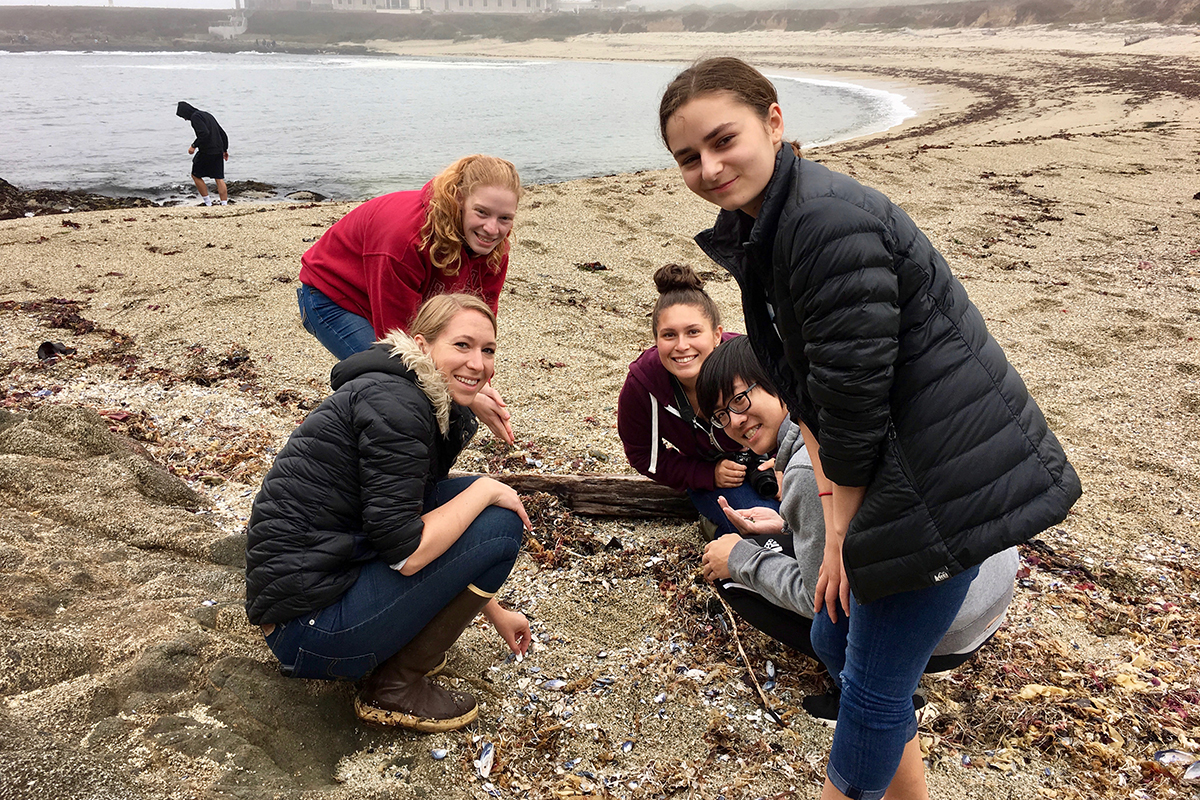
Coastal & Marine Sciences Pre-College Program
In the Coastal & Marine Sciences Pre-College Program, students spend an exciting week on the UC Davis campus with scientists from the Coastal and Marine Sciences Institute learning about plants, animals and processes that span the California landscape, linking the Sierras to the sea.
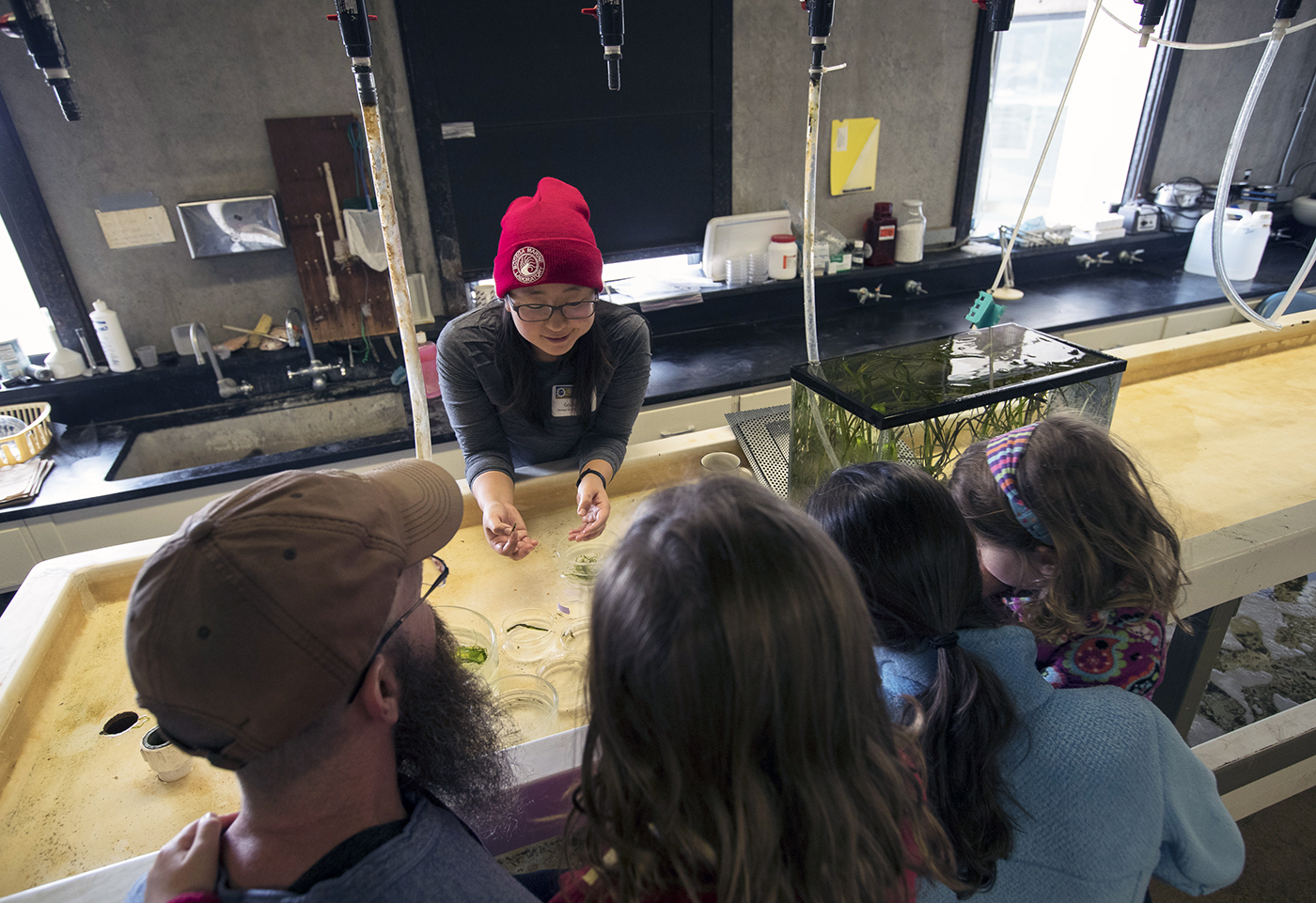
Bodega Marine Laboratory Tours
Group tours are scheduled up to four times a week. Group tours must be reserved and scheduled in advance and tour size is limited to 45 adults or 30 children. A minimal fee is charged for group tours.
For Community College Students:
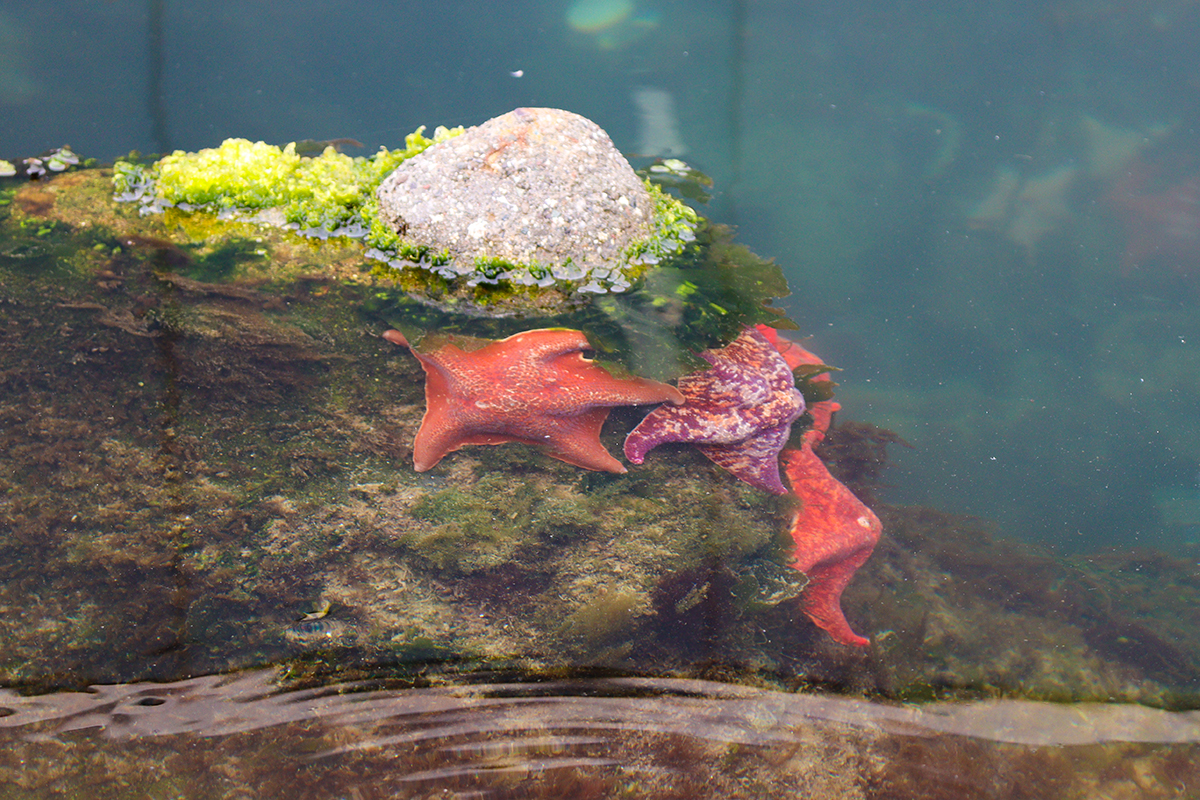
Santa Rosa Junior College-Bodega Marine Laboratory Internship Program
This internship program will provide research opportunities for Santa Rosa Junior College students at the Bodega Marine Laboratory. Interns will gain experience conducting research essential to developing careers in the sciences.
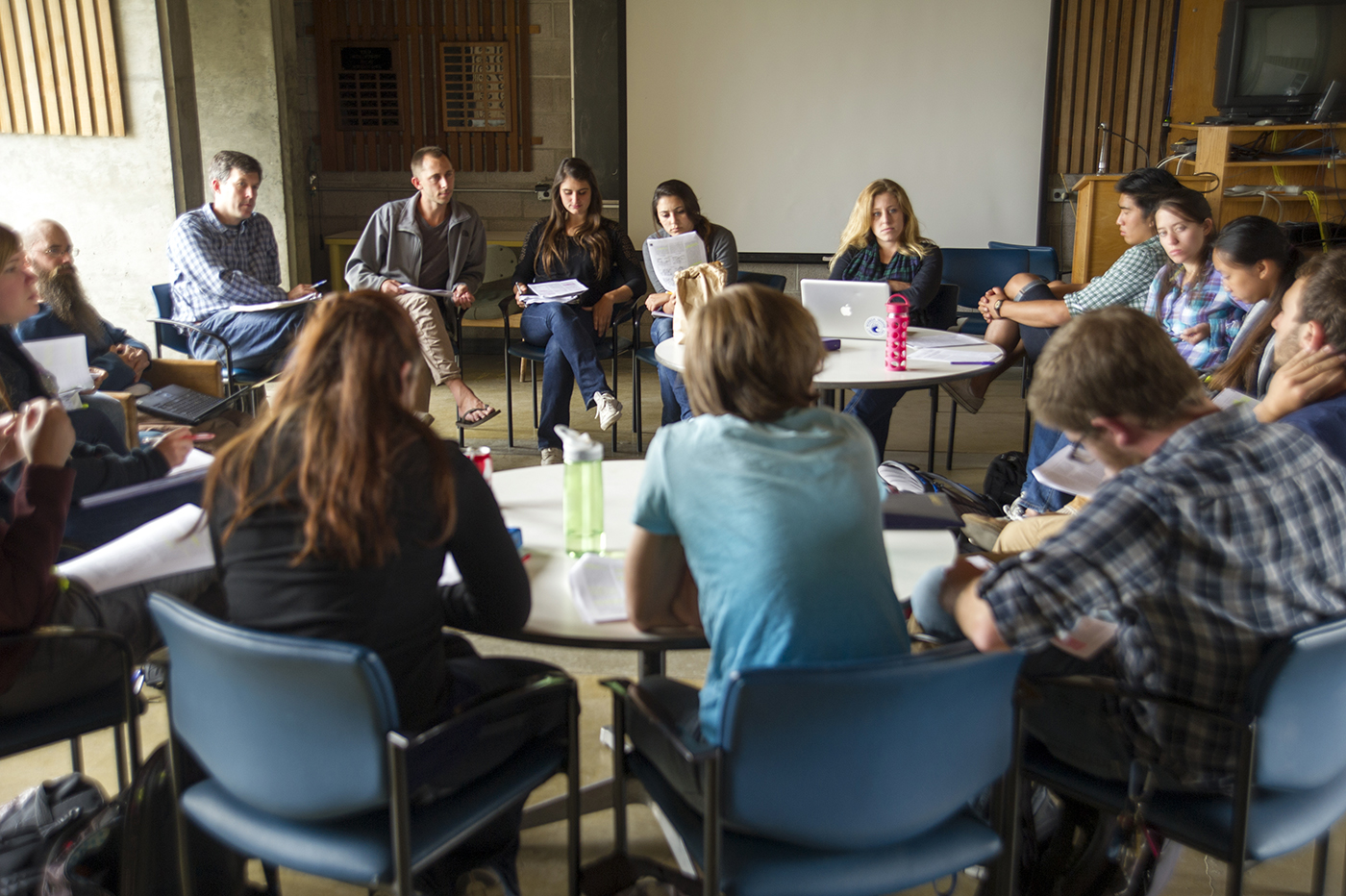
UC Davis Transfer Admissions
Transferring to UC Davis from a community college or four-year institution has become a popular path to obtaining a university degree. We welcome transfer applicants from all schools, though we give priority to transfers from California community colleges.
For Graduate Students:
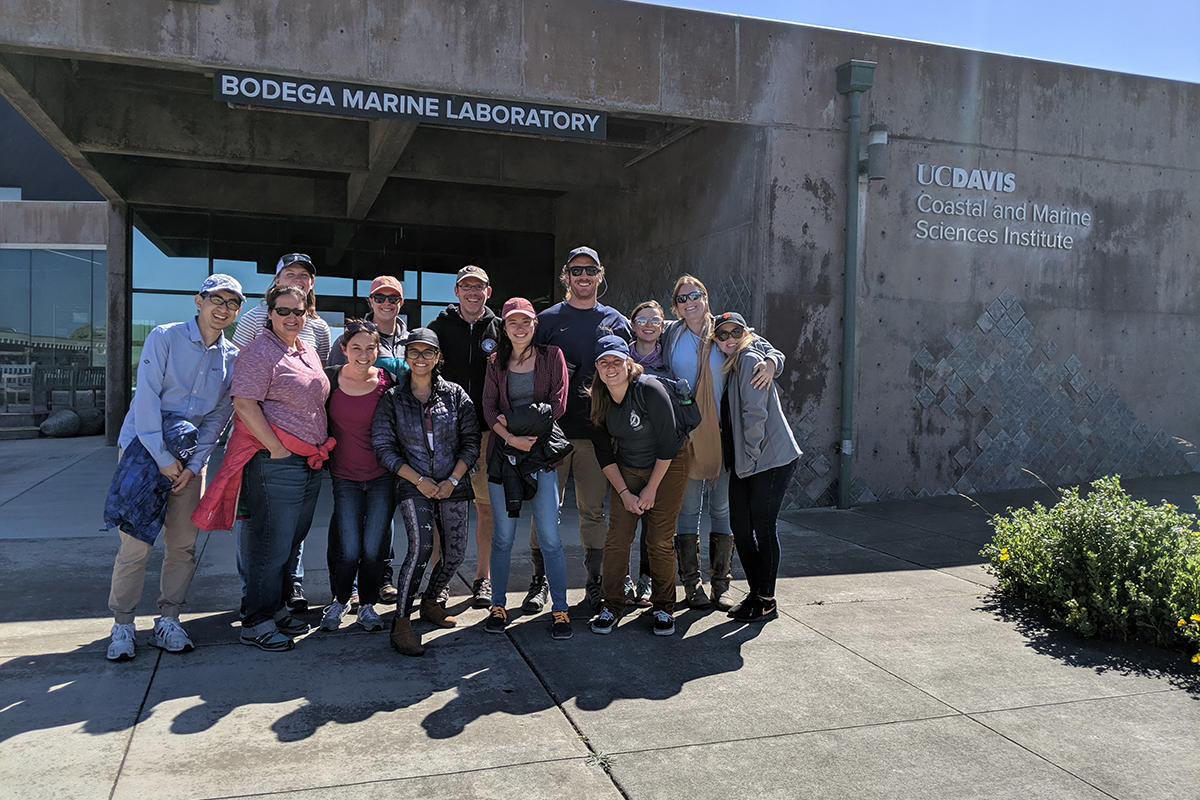
NSF Research Traineeship: Sustainable Oceans
The Sustainable Oceans: from Policy to Science to Decisions training program puts the policy focus on the front end of the research and training enterprise as a means of building more effective links between the science and decisions on the sustainable use of living marine resources.
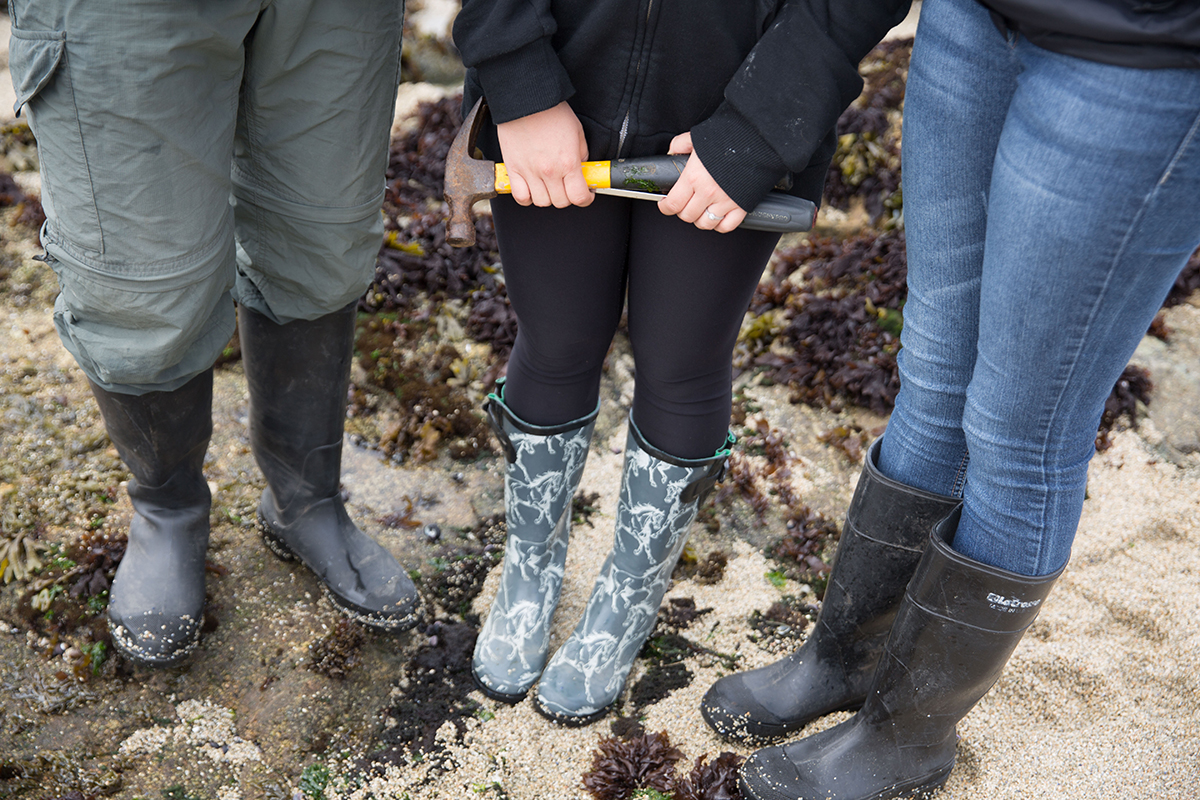
Graduate Studies in Marine Science
More than half of the UC Davis Graduate Programs are organized as interdisciplinary graduate groups. Explore some of the grad groups our affiliated faculty accept students from and begin your journey to studying marine science as a graduate student at UC Davis.
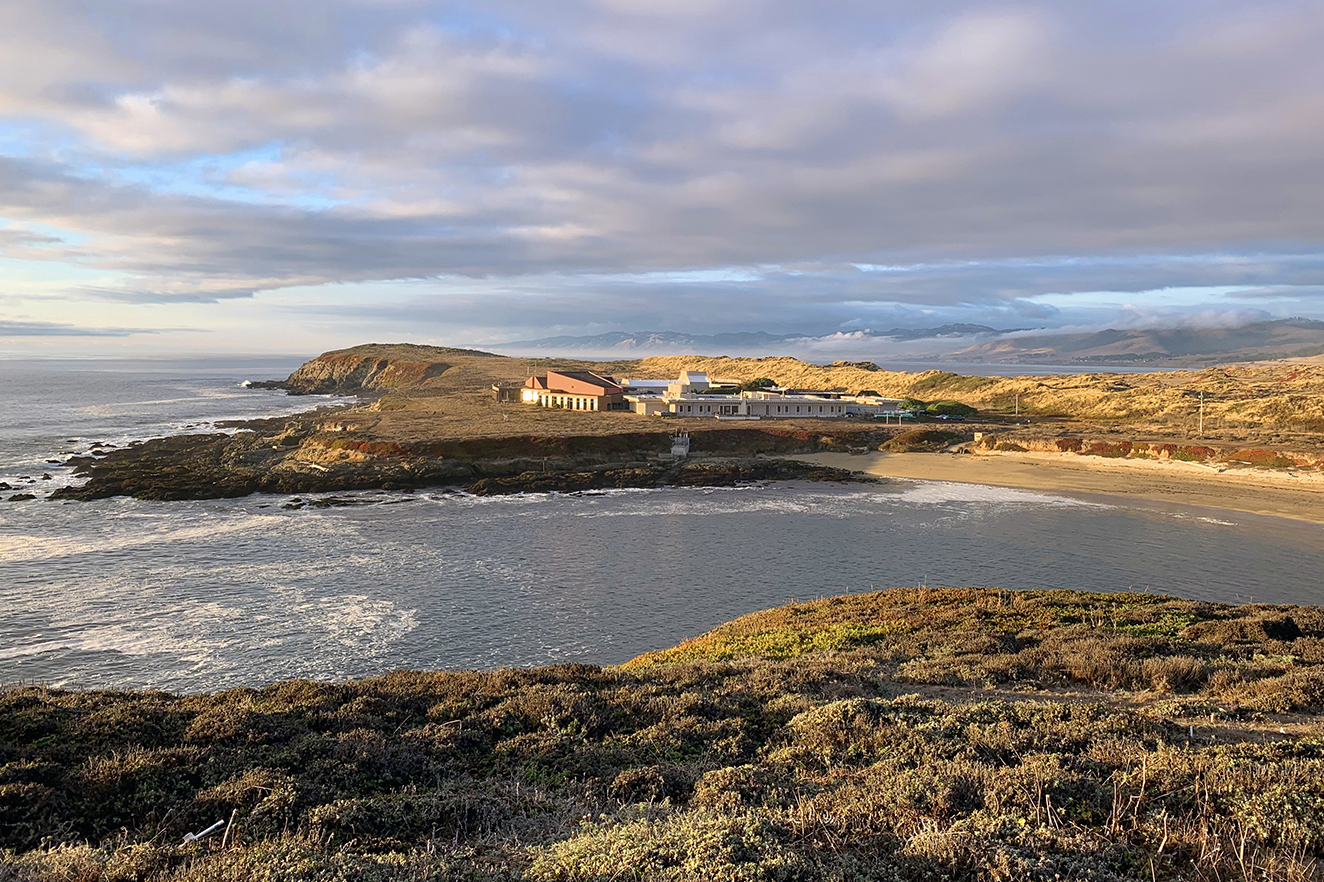
Russell J. and Dorothy S. Bilinski Fellowships at Bodega Marine Laboratory
These fellowships aim to elevate the work of doctoral students and provide opportunities to work across disciplines. Research should involve time spent at Bodega Marine Laboratory as part of the proposed work, and explicitly bridge the natural sciences, social sciences, and humanities.

